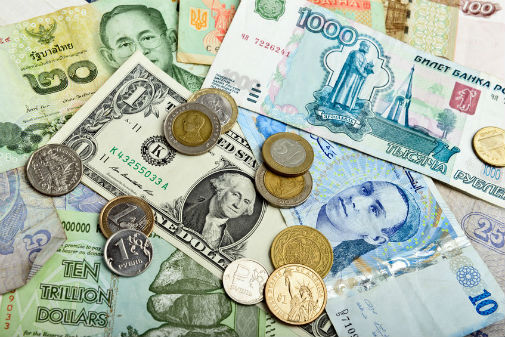Presidents disadvantage a country’s economy, new research suggests
Posted on 23 January 2019

The study suggests presidential regimes consistently produce worse economic outcomes compared to parliamentary systems.
Economists from the universities of York and Canterbury analysed economic data from 119 countries over the 1950 – 2015 period.
Their findings reveal that presidential regimes consistently produce worse economic outcomes compared to parliamentary systems, particularly in countries where presidents enjoy extensive legislative powers.
Regime change
The study reveals that annual output growth under presidential regimes is between 0.6 and 1.2 percentage points lower than under parliamentary systems. Inflation is also at least 4 percentage points higher and distribution of income is between 12 and 24% more unequal.
Co-lead author of the study, Professor Gulcin Ozkan from the Department of Economics and Related Studies at the University of York, said: “Establishing a link between forms of government and economic outcomes serves a significant purpose by providing guidance for countries considering regime change.
“Turkey, for example, held a referendum in 2017 which extended President Erdogan’s power while in Cuba the electorate will vote on a set of constitutional changes which would limit presidential power in February this year.”
Big personalities
The authors of the study took other factors known to impact a country’s economy - such as the legacy of colonial regime, geography and religion - into account in order to isolate the effects of the two forms of government.
While more research is required on the causes of the difference, the researchers suggest that one of the reasons why presidential regimes produce a worse economic performance could be because when big personalities are involved, transitions between presidents can be stark and unsettling, sending shock waves through an economy. Conversely, in a parliamentary system, the differences between parties are smaller, allowing for smoother changes of government.
Checks and balances
Parliamentary systems are also associated with better checks and balances, free media, freedom of speech and rule of law – all of which are factors linked to better economic performance.
Professor Ozkan added: “Many people living in countries with parliamentary governments have at times felt frustrated by the checks and balances in place which have prevented individual leaders from tackling key political issues, but these findings are a reminder that these controls also serve to limit the power of individuals and protect populations from economic instability.”
Explore more news

New butterfly species created 200,000 years ago by two species interbreeding
Thursday 18 April 2024

Children in the North at greater risk of entering care
Wednesday 17 April 2024

Boreal forest and tundra regions worst hit over next 500 years of climate change, study shows
Monday 8 April 2024

Researchers developing ultra-sensitive blood test with potential to revolutionise diagnosis of Alzheimer’s
Thursday 4 April 2024

Attitudes to being an adult are shifting as traditional milestones become out of reach, new study finds
Wednesday 27 March 2024
Media enquiries
About this research
Who does better for the economy? Presidents versus parliamentary democracies is published in the journal Public Choice.
Explore more of our research here.
